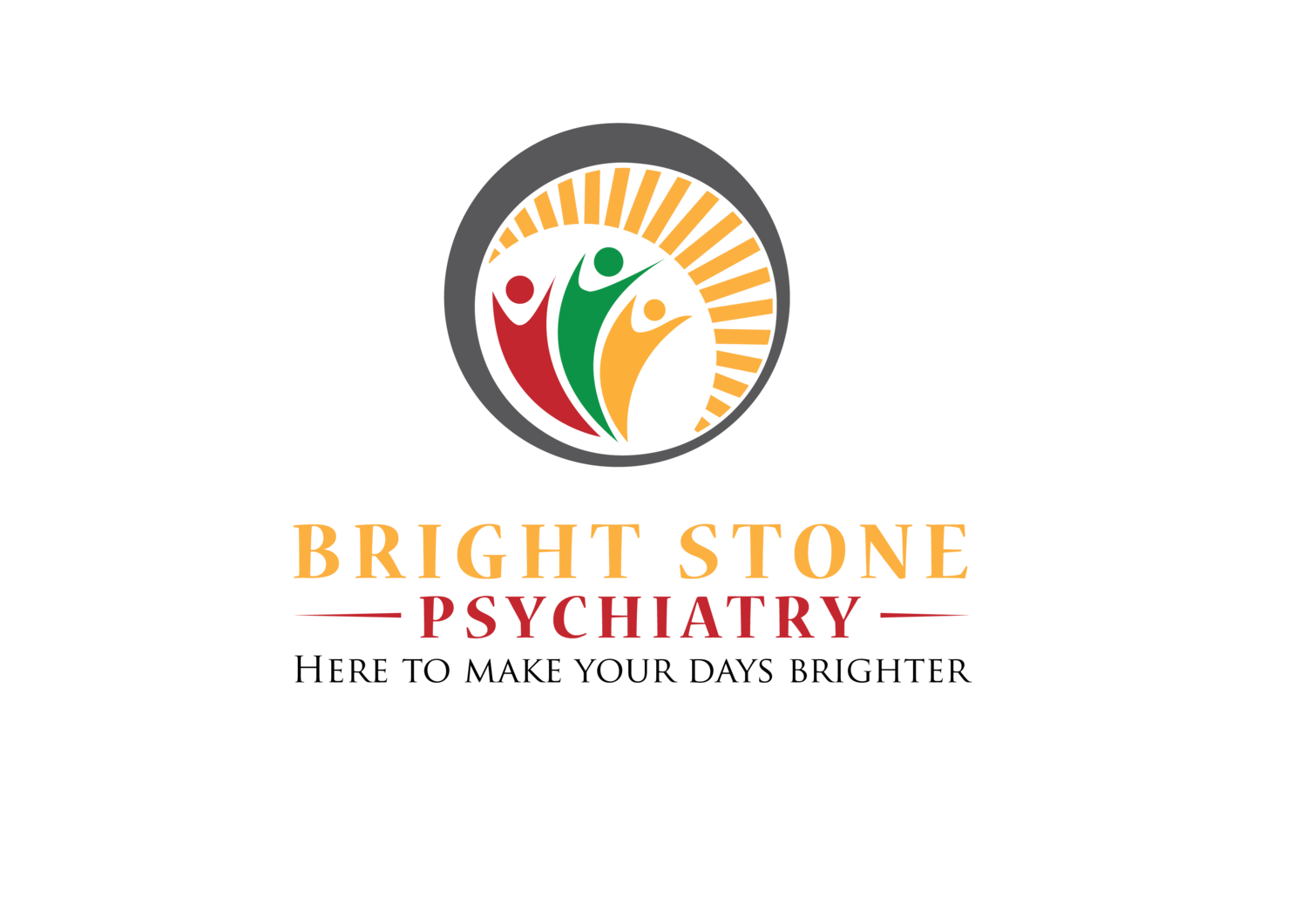Understanding Bipolar Disorder: Types, Symptoms, Treatments, and Support
Bipolar disorder is a mental health condition characterized by extreme mood swings that include emotional highs (mania or hypomania) and lows (depression). It affects millions of people worldwide and can significantly impact daily functioning and quality of life. This article provides an overview of bipolar disorder, its types, symptoms, treatments, coping strategies, and ways loved ones can offer support.
What is Bipolar Disorder?
Bipolar disorder, formerly known as manic-depressive illness, is a mental health condition that causes dramatic shifts in mood, energy, activity levels, and the ability to carry out day-to-day tasks. These mood episodes can last days to months and may be associated with distress or impaired functioning.
Types of Bipolar Disorder
Bipolar disorder is categorized into several types based on the nature and duration of mood episodes:
Bipolar I Disorder: Characterized by at least one manic episode, which may be preceded or followed by hypomanic or major depressive episodes. Manic episodes are severe and can lead to significant impairment.
Bipolar II Disorder: Involves at least one major depressive episode and at least one hypomanic episode, but no full-blown manic episodes.
Cyclothymic Disorder (Cyclothymia): Characterized by periods of hypomanic symptoms and periods of depressive symptoms lasting for at least two years (one year in children and adolescents), but the symptoms do not meet the diagnostic criteria for a hypomanic episode or a major depressive episode.
Other Specified and Unspecified Bipolar and Related Disorders: These are less common types that include bipolar disorder symptoms that do not fit the above categories.
Symptoms of Bipolar Disorder
Bipolar disorder symptoms can vary but often include:
Manic and Hypomanic Episodes:
Increased energy, activity, or restlessness
Excessively “high,” euphoric mood
Extreme irritability
Rapid speech and racing thoughts
Decreased need for sleep
Unrealistic beliefs in one's abilities and powers
Poor judgment and impulsive behavior
Engaging in risky behaviors (e.g., spending sprees, impulsive investments)
Depressive Episodes:
Persistent sad, anxious, or empty mood
Feelings of hopelessness or pessimism
Feelings of guilt, worthlessness, or helplessness
Decreased energy or fatigue
Difficulty concentrating, remembering, or making decisions
Restlessness or irritability
Sleep disturbances (insomnia or oversleeping)
Changes in appetite or weight
Thoughts of death or suicide
Treatments for Bipolar Disorder
Effective treatments for bipolar disorder can help manage symptoms and improve quality of life. These include:
Medications: Mood stabilizers, antipsychotic medications, and antidepressants can help control mood swings and stabilize mood.
Psychotherapy: Cognitive-behavioral therapy (CBT), psychoeducation, and family therapy can help individuals understand their condition and develop coping strategies.
Lifestyle Changes: Regular exercise, a healthy diet, maintaining a consistent sleep schedule, and stress management techniques can help stabilize mood.
Support Networks: Support groups and networks can provide emotional support and practical advice for managing bipolar disorder.
Coping with Bipolar Disorder
Managing bipolar disorder involves adopting effective coping strategies, such as:
Monitoring Mood: Keeping track of mood changes and identifying triggers can help manage symptoms.
Creating a Routine: Consistent daily routines can provide stability and predictability.
Avoiding Drugs and Alcohol: These substances can exacerbate symptoms and interfere with medications.
Practicing Self-Care: Engage in activities that promote relaxation and well-being.
Building a Support System: Stay connected with friends, family, and support groups.
Supporting a Loved One with Bipolar Disorder
If you have a loved one with bipolar disorder, you can support them by:
Being Patient and Understanding: Recognize that bipolar disorder is a medical condition and not a choice.
Encouraging Professional Help: Suggest seeking therapy or medical advice.
Learning About Bipolar Disorder: Educate yourself about the condition to better understand their experiences.
Providing Positive Reinforcement: Praise efforts and successes to build self-esteem and motivation.
Helping with Organization: Assist in creating organizational systems and routines.
Conclusion
Bipolar disorder is a common but treatable condition. By understanding its types, symptoms, and treatments, individuals can seek appropriate help and support. Coping strategies and the support of loved ones play crucial roles in managing bipolar disorder effectively. If you or someone you know is struggling with bipolar disorder, reaching out for professional help is a critical first step towards effective management and improved quality of life.
We Proudly Offer Telehealth Mental Health Services To Minneapolis, Saint Paul, Rochester, Duluth, Bloomington, Brooklyn Park, Plymouth, Eagan, Coon Rapids, Maple Grove, and the surrounding areas.
Book An Appointment By Calling 832-378-8282
